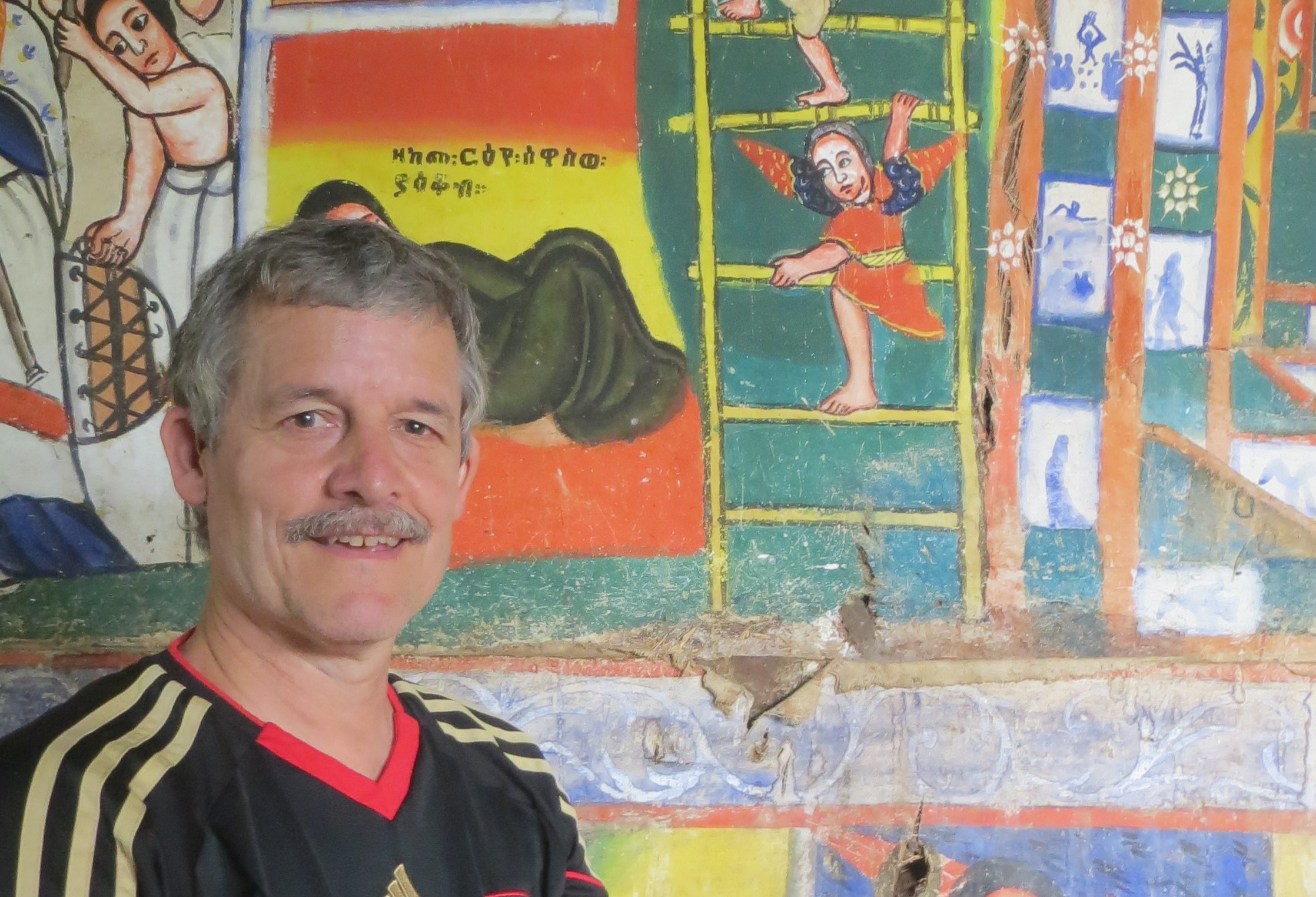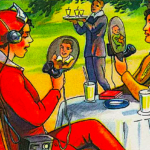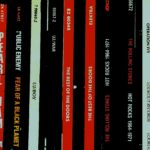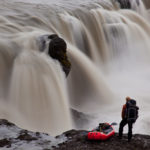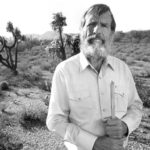Tim Bascom is author of a novel set in the Philippines, two collections of essays, and two prize-winning memoirs about years spent in East Africa as a youth: Chameleon Days and Running to the Fire. His essays have won editor’s prizes at The Missouri Review and Florida Review, and have also been selected for the anthologies Best Creative Nonfiction and Best American Travel Writing. His fiction—often about travelers going into and out of Africa—has appeared in Zone 3, Mainstreet Rag, Lalitamba, and Briar Cliff Review.
How did you get started traveling?
I started traveling early—at the age of three. My parents took me to Ethiopia when they decided to become missionaries with the Sudan Interior Mission. For five years Dad served as a doctor at clinics in rural southern Ethiopia. Then, after a six-year stint in a small town in Kansas, we returned right at the height of the Marxist revolution, a period dubbed “The Red Terror.” Due to rising violence and danger, we had to leave after eight months, living in Kenya and Sudan. I sometimes wonder if I would have traveled so much in my adult life—to the Philippines, Nepal, Uganda, Nigeria, Cote D’Ivoire, Zimbabwe, and a dozen other countries—if I had not been immersed in travel from such an early age. There is, for some of us, a way in which we were trained into it. Nurture rather than nature?
How did you get started writing?
When I hit college, I didn’t think of myself as a writer, but I had been maintaining a devotional journal for years, and it became more and more of an open-ended practice of reflection. I was very existential at the time. I wrote about anything that demanded my attention, anything that made me stop and think. I wanted to make sense of the world and my place in it. And so, even though I wasn’t aware of it, I was becoming a writer. When a college professor sent one of my essays to a publisher and they asked to publish it, I was surprised, but now it makes sense. I had been training for a long time.
What do you consider your first “break” as a writer?
While I was still in college, I went to the Philippines on an internship and lived in a squatters’ settlement in Manila, learning about the urban poor. I eventually wrote a nonfiction narrative based on an infant who had died while I was there—“A Long Day’s Dying.” Another one of my professors connected me with editors from a commercial magazine, and they asked to publish the story. I began to realize—wait a minute, maybe I’m good at this, maybe especially essays and stories that cross into other cultures.
As a traveler and fact/story gatherer, what is your biggest challenge on the road?
I am not actually made for travel in the physical sense, at least to the places I want to go. I seem to have a low immunity, which means I have had all the diseases that go with remote or impoverished areas: amoebic dysentery, malaria, giardia, worms, etc. It’s a bit intimidating, especially as I get older.
What is your biggest challenge in the research and writing process?
So often I am conscious that I don’t know the language, or not fluently. This means I am not getting the full picture. If I rely too much on books and articles, then I am that much more removed, which is suspect. I want to get the facts right, yes! But I want to be especially careful when it comes to subtle realities that are not factually verifiable—the underlying values and views that come from a full understanding of the surrounding culture, which is integrally tied to language.
What is your biggest challenge from a business standpoint?
I am not the classic travel writer with an established reputation, who can live off assigned articles. I live off other work—directing a book festival and teaching. I still have to search, each time, for places that might want an essay or story from me, going through the sifting process and the rejections. That can be quite discouraging.
Have you ever done other work to make ends meet?
I taught English and creative writing for over 20 years, writing two travel-based memoirs on the side, as well as dozens of essays and short stories.
What travel authors or books might you recommend and/or have influenced you?
I am interested in literary travel writing, not destination pieces. So I look to literary models. There are still things to be learned from George Orwell, particularly about honesty and the narrative persona. I think Pico Iyer is incredible, especially as a note-taking, contemporary, global citizen. Also, I don’t see David Foster Wallace listed enough as a travel writer, but he—in his short life—showed some marvelously inventive ways to go against the commercial grain of travel writing. He wrote with a new honest voice that I admire.
What advice and/or warnings would you give to someone who is considering going into travel writing?
Stay with people long enough to know the deep story, not just surface impressions. Then be honest with those people and yourself.
What is the biggest reward of life as a travel writer?
What a diverse and fascinating world! The travel writer is reminded of that again and again. And what a privilege to visit unusual new places, learning just how different humans can be, yet how similar in their concerns and hopes.

